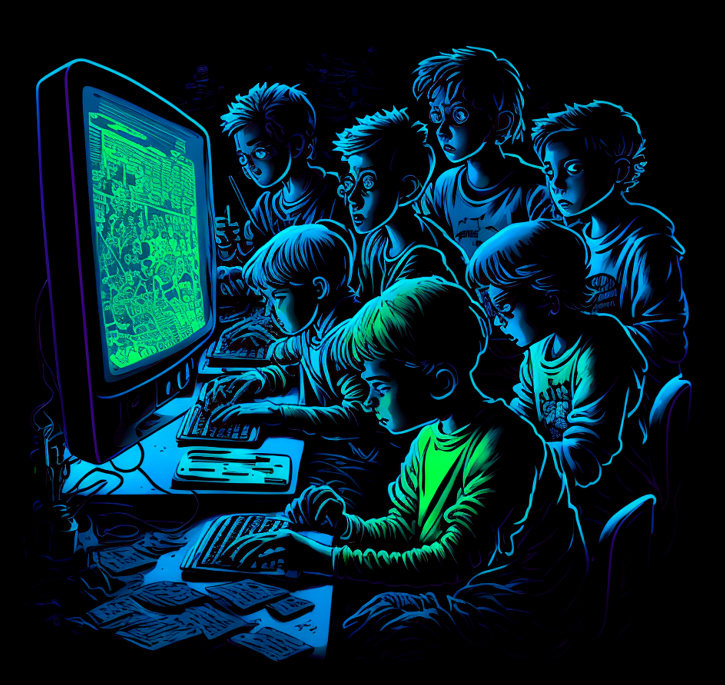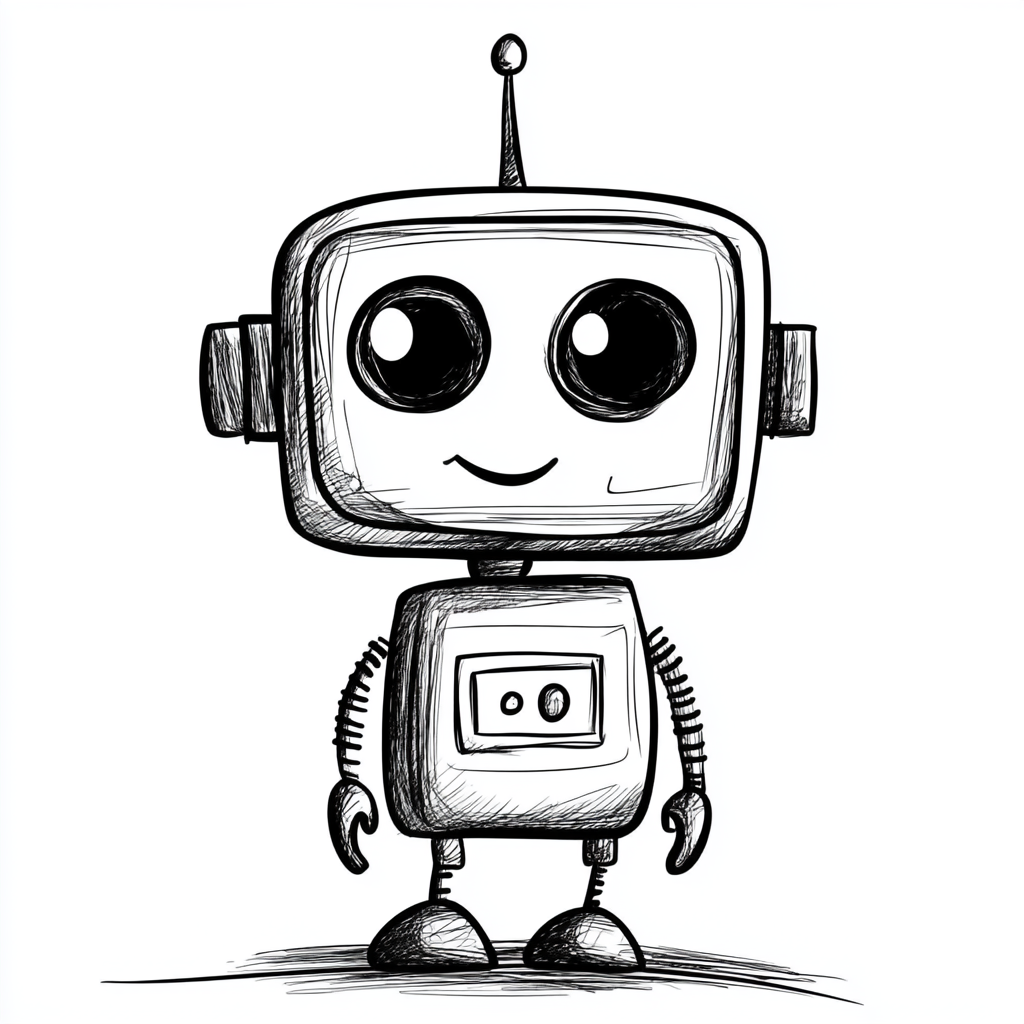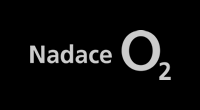Support us
Support our activities and help children and adults in need. For 15 years we have been helping children and adults solve their problems online. Get involved too! Every help counts! Just click on the DONATE button.Other articles

After nearly three decades, we say goodbye to one of the most famous and widely used communication tools of the 90s and early 21st century – ICQ. This pioneer among instant messengers, which had millions of users worldwide in its heyday, will cease operations on June 26, 2024. What led to its end and what legacy does it leave behind?
 Ostracism is a social process where an individual or group of individuals is excluded or isolated from a certain social context. In the digital environment, ostracism manifests in various ways, such as exclusion or isolation from online communities, groups, or discussions. This can occur in the form of blocking, group expulsion, reporting, or spreading negative messages about the person. Ostracism is often part of cyberbullying, where individuals are intentionally excluded, attacked, or harassed online, such as through hostile messages, comments, or sharing personal information.
Ostracism is a social process where an individual or group of individuals is excluded or isolated from a certain social context. In the digital environment, ostracism manifests in various ways, such as exclusion or isolation from online communities, groups, or discussions. This can occur in the form of blocking, group expulsion, reporting, or spreading negative messages about the person. Ostracism is often part of cyberbullying, where individuals are intentionally excluded, attacked, or harassed online, such as through hostile messages, comments, or sharing personal information.
 Extortion that exploits intimate materials, known as sextortion, is a serious issue in cyberspace. According to data from the E-Bezpečí counseling center, men become victims of this type of extortion far more often than women. An analysis of cases handled by the counseling center shows that of the total number of sextortion cases, men constituted more than 78% of the victims, while women accounted for only 22%.
Extortion that exploits intimate materials, known as sextortion, is a serious issue in cyberspace. According to data from the E-Bezpečí counseling center, men become victims of this type of extortion far more often than women. An analysis of cases handled by the counseling center shows that of the total number of sextortion cases, men constituted more than 78% of the victims, while women accounted for only 22%.
 In the digital era we live in, technology has become an inseparable part of our lives. From smartphones to social media, from online work to digital entertainment—our interactions with technology are ubiquitous. This digital revolution, however, brings not only benefits but also challenges that can affect our physical and mental health. One term that has been increasingly discussed in recent years is "digital wellbeing." But what does it actually mean, and why is it important?
In the digital era we live in, technology has become an inseparable part of our lives. From smartphones to social media, from online work to digital entertainment—our interactions with technology are ubiquitous. This digital revolution, however, brings not only benefits but also challenges that can affect our physical and mental health. One term that has been increasingly discussed in recent years is "digital wellbeing." But what does it actually mean, and why is it important?
 Undressing applications (so-called deep nudes, AI deep nude, AI fake nude) are software tools powered by artificial intelligence that can remove clothing from photos or videos, generate a naked human body and create a realistic illusion of nudity. The tools that make this possible are freely available and can be misused by literally anyone. Moreover, this technology is not regulated in any way, and can be used in practice by virtually anyone; many applications of this type are completely free.
Undressing applications (so-called deep nudes, AI deep nude, AI fake nude) are software tools powered by artificial intelligence that can remove clothing from photos or videos, generate a naked human body and create a realistic illusion of nudity. The tools that make this possible are freely available and can be misused by literally anyone. Moreover, this technology is not regulated in any way, and can be used in practice by virtually anyone; many applications of this type are completely free.
Ocenění projektu E-Bezpečí

KYBER Cena 2023
(1. místo)

Nejlepší projekt prevence kriminality na místní úrovni 2023
(1. místo)

Evropská cena prevence kriminality 2015
(1. místo)

KYBER Cena 2023
(1. místo)

Nejlepší projekt prevence kriminality na místní úrovni 2023
(1. místo)

Evropská cena prevence kriminality 2015
(1. místo)
E-BEZPEČÍ: AI CHATBOT

xAhoj, jsem chatovací robot projektu E-Bezpečí a mohu ti pomoci zodpovědět základní otázky a vyřešit tvé problémy. Zvol si z nabídky, nebo svůj dotaz napiš přímo do chatu.
MÁM PROBLÉM
ZAJÍMÁ MĚ VZDĚLÁVÁNÍ
ZAJÍMAJÍ MĚ TISKOVINY






























